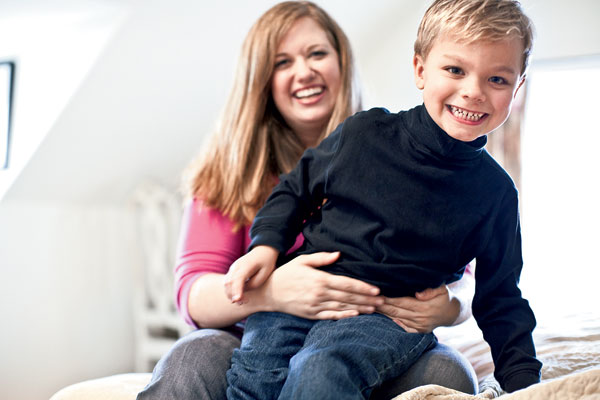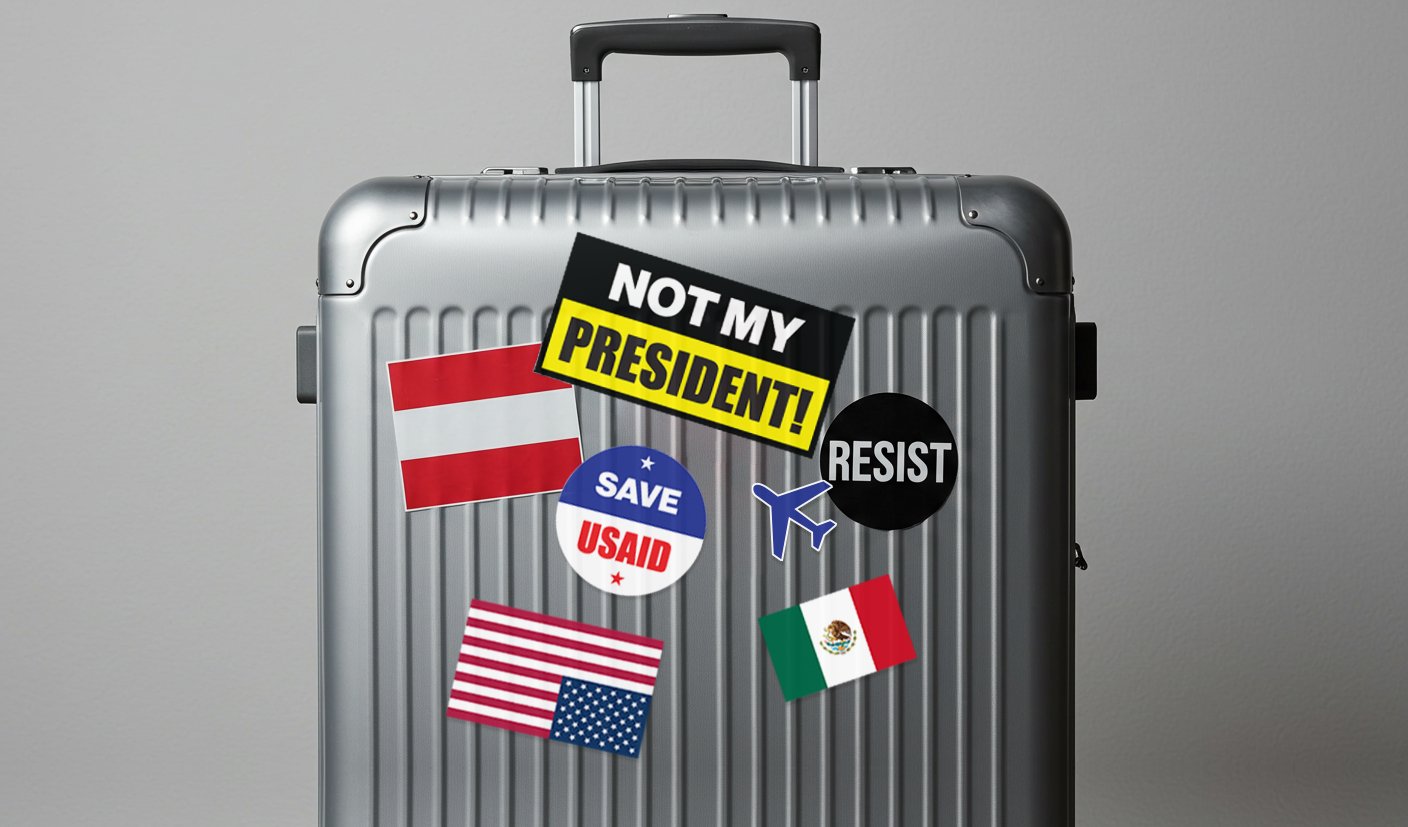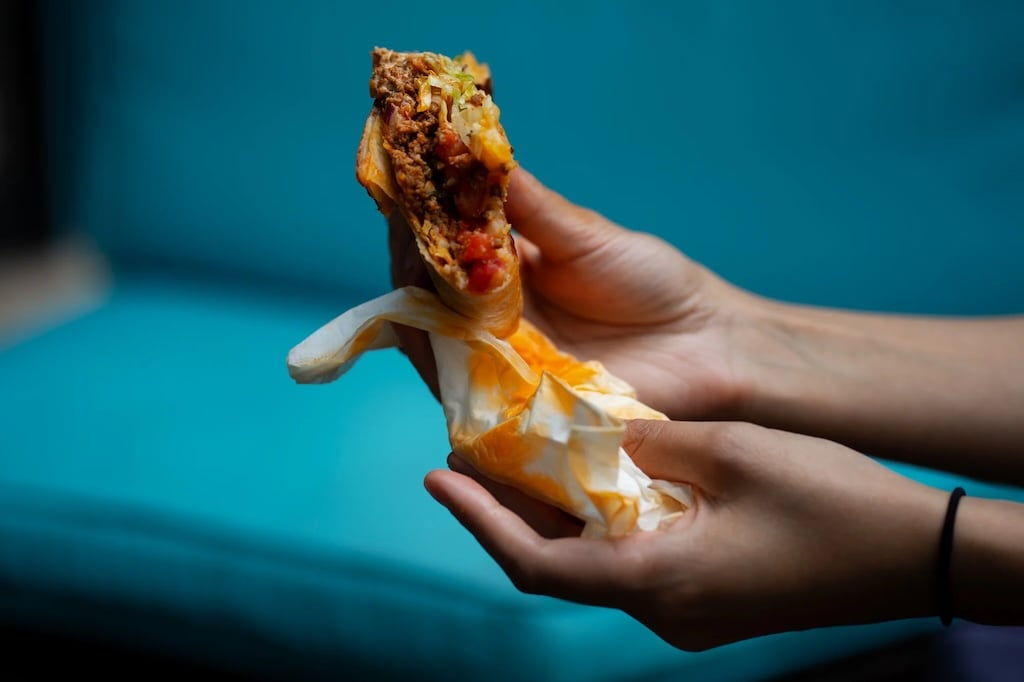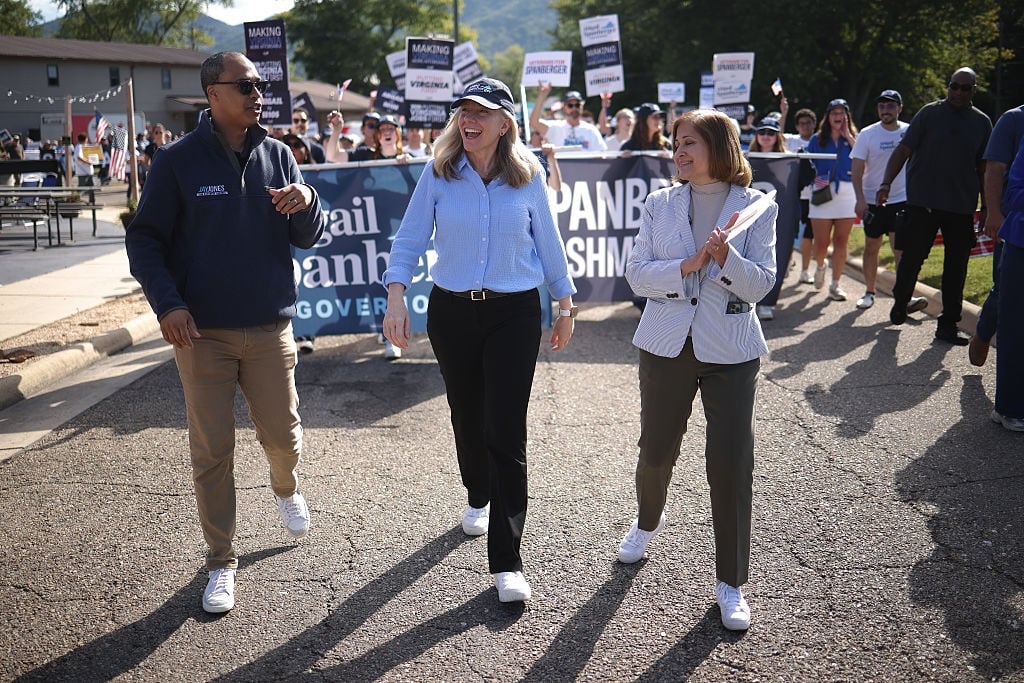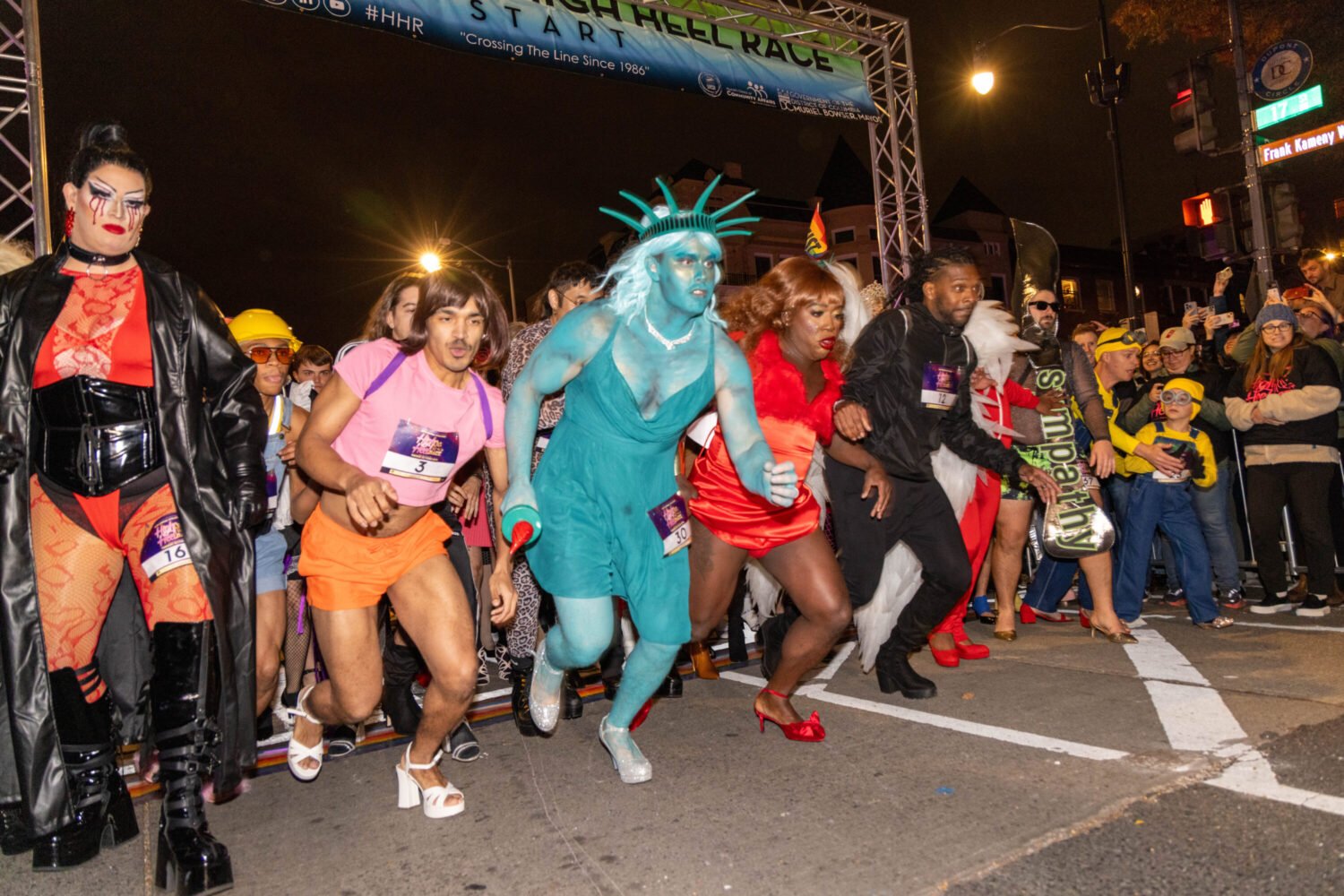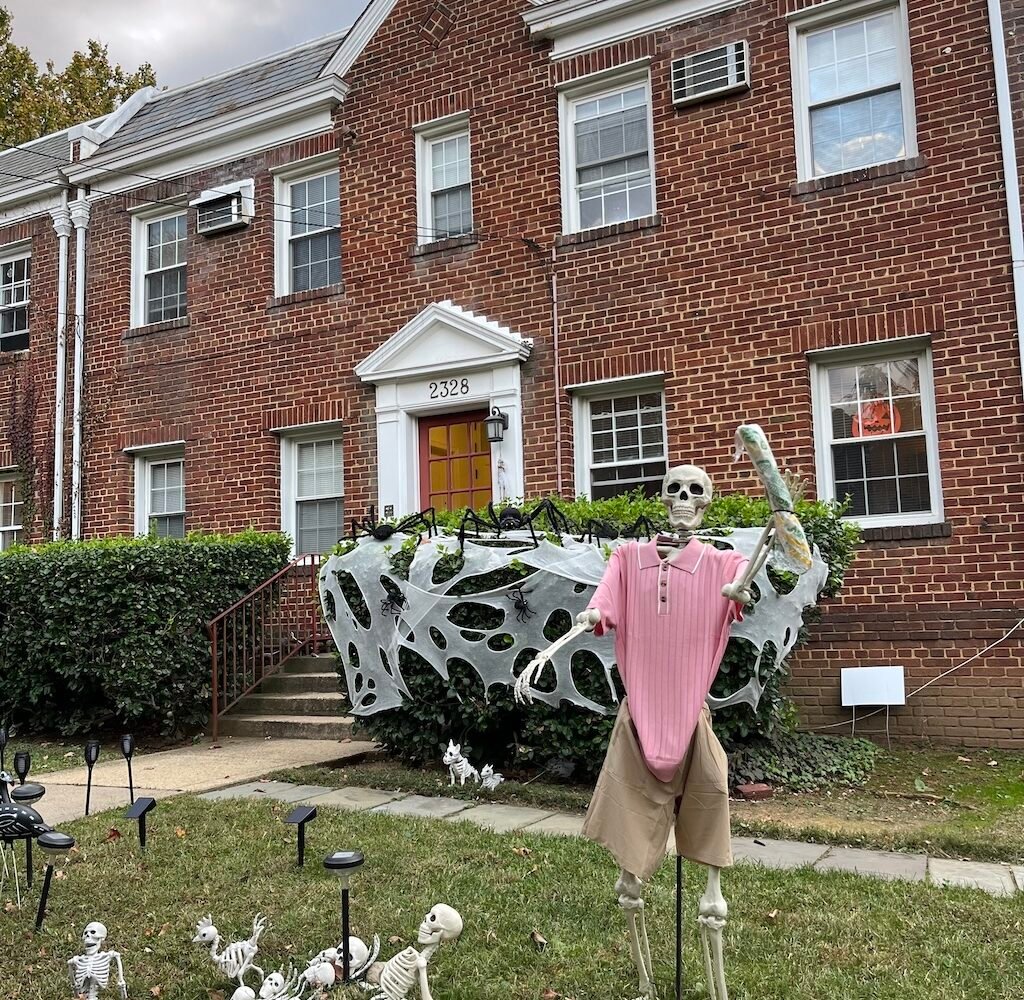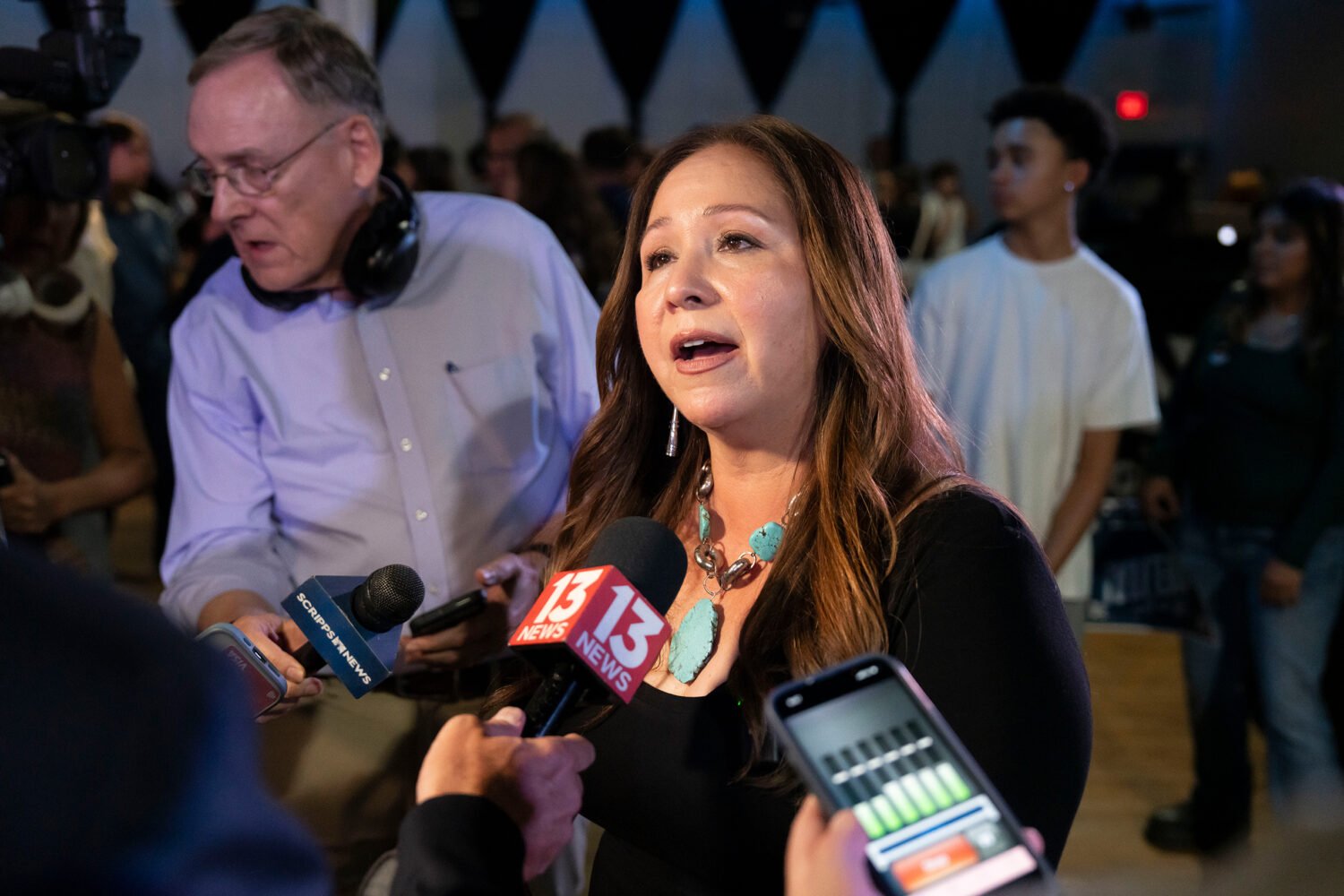Barely a month after I met my three-year-old son, he bit my breast. Hard.
He came at me and clamped on, only a T-shirt between teeth and flesh. Then came the pain and blood. I’d been lifting him into the car, but when he bit me, I instinctively threw him away from me. His tiny body thumped into the car seat. I’ll never forget the horror and sense of betrayal in his eyes. I must have looked the same.
Connor had joined our family in March 2010 after what seemed like the fastest adoption ever. I’d given up a job I loved so I could spend a month on the “bonding process.” Yet when he bit me, bonding seemed more like battle.
People who know parts of our story believe I’ve done Connor a great favor. I tell them they have it backward.
My husband, Chris, and I wanted a big family. I told his mom I’d love to have four kids, just like she did. Chris and I started trying in 2001, a few years after we got married, but nothing happened. We embraced fertility treatment with a top endocrinologist, who was never able to find out what was wrong. But there was definitely a problem: I had nine miscarriages in nine years. In my darkest moments, I thought of myself as a death machine.
My life became an endless cycle: preparing to get pregnant, losing a pregnancy, recovering. But with each loss there was less recovery. Work, friends, family, marriage, and emotional health all took a back seat.
Debating whether to try for a tenth pregnancy, I told my husband enough was enough. He’d been reluctant to give up on having a biological child, envisioning a daughter with my strawberry-blond hair and his love for sailing. And what would happen, he asked, when the birth mother called at midnight needing money?
So I took him to adoption workshops, where we saw photos of happy adoptive families. We went to a seminar where a trembling but graceful young woman told of putting her baby up for adoption so she could continue her studies at Georgetown. We met a couple who regularly hosted their three children’s birth moms for dinner; the women became close and supported one another like sisters.
“Let’s find our kid,” Chris and I finally agreed in January 2010. “There are lots of children who need love–the right one will find his or her way to us.”
Adopting an older child just seemed like the thing to do. I was 35, but at 51 my husband was older than most infants’ dads. Several of our relatives had adopted older children–two came from Russia, another two from the foster-care system.
There’s also the fact that while I love kids, I don’t particularly like babies. And my job at the time demanded late nights covering parties for a glossy magazine. I believed that an older child would fit my lifestyle better. (Parents, I hope you’re thinking, “You are a moron.”)
We signed up with Adoptions Together, which has several offices in the Washington area. Yet we found all sorts of reasons not to fill out the paperwork: Maybe we should first sell our house in Accokeek, Maryland, where we owned six wooded acres, and move to child-friendly Alexandria. (We eventually did.) Maybe we should consider adopting internationally instead of domestically. Maybe our marriage wasn’t strong enough.
But the simple fact was we were fairly sure adoption would fail as thoroughly for us as conception had. So we were in limbo.
I still didn’t go to my closest friends’ baby showers. I ordered kids’ birthday presents online so I wouldn’t have to step into a toy store. I left parties early once parents started comparing schools. I had long ago turned my back on my own life to focus on bringing a life into this world, yet I was still convinced that the child I longed for would never be mine.
But a month later, a woman wrote into an adoption listserv I followed: “Anybody have advice on adopting an older child? I have a potential lead, but the child is three, and we were looking for a baby.”
I replied, explaining all of my husband’s and my reasons for wanting an older child. I was trying to give her hope and inspiration as she made up her mind–to help her see this child as an opportunity to build her family. We exchanged a dozen e-mails, growing close. The next day, she and her husband decided.
“It’s just not our child,” she told me. “Would you like me to give your name to the birth mother?”
With that question, my life changed.
I could barely breathe but e-mailed her a yes, then called my husband. “Honey,” I said, “I think I just found our son.”
That night, Connor’s birth mother, Evelyn, called. “What would you like to know?” she asked, as if this were an everyday conversation between strangers.
What should I ask about this little boy, asleep in his bedroom in Texas, who might someday be clutching my hand on the way to the school bus?
“What does he like to do?” I asked. “What does he like to eat? Why are you finding him a new family?”
Thinking about her answers now breaks my heart. How could she have described Connor–who runs up to strangers with a bright smile and asks if they’re having a great day–so flatly?
“Well, he’s your typical boy,” she said. “He likes to eat chicken nuggets. He plays in the dirt and likes trucks. He sings to himself.” Then she added quietly, “He’s never accepted me as his mother. I want him to have a more positive future.”
Evelyn had a few questions for me. She sounded almost weary as she asked how Chris and I had met, what we were like, what kind of child we wanted. We started chatting more easily and found we had similar values about parenting, spirituality, money, and family. And we both felt strongly that Connor should stay in touch with his older sister.
A week later, Chris and I flew to Texas. We felt hopeful but anxious. Was this a scam? Would the kid like us? Would we like him?
Evelyn’s husband drove to our hotel, and when we opened the door to his van, there was Connor in the back seat. He looked tiny, huge eyes peering out of the darkness. “Are you my new mommy and daddy?” he asked.
“Yes,” we told him. We had no more questions.
Even as we made that promise, we prayed we’d be able to deliver. We’d need to pass the home study, find the money to pay the legal fees, and–the biggest if–get his mother’s approval.
Next: How did Connor adjust to his new home?
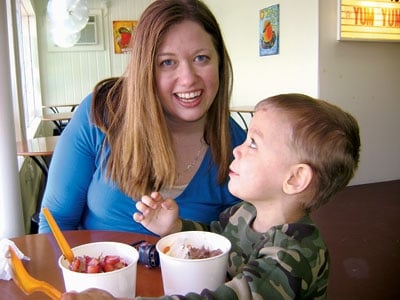
Chris and I spent a surreal Saturday with Connor, doing mundane things–park, playground, mini-golf, McDonald’s, ice cream–yet it was the most important day of our lives. We took him back to the hotel room and took a nap, arms and legs entwined. We didn’t say anything more about becoming Connor’s parents, but all three of us seemed to feel the same soul-deep comfort you get only when you’re with family. It felt like falling in love.
We went to a barbecue joint for dinner, and the three of us danced to our table, hand in hand, twirling to the country music.
The next day, we went to his family’s house to say goodbye and got the first indication of what his life was like. I’d been helping him with his diapers during our day together but let his mom run the show when we were in her home. He told us he had to go to the bathroom, then walked down the hall, opened a closet to pull out a diaper, and disappeared. Five minutes passed. Ten. Twenty.
“Sometimes he falls asleep in there,” his mother said. I went to say goodbye to him and found Connor sitting on the toilet, looking at me with terror. The floor, the toilet, his arms and legs were a mess. He’d been too scared to call for help. When I came in, he jumped down and started to rub at the floor with a fistful of toilet paper.
“No, honey, no,” I said, “let’s clean you up first–you are what’s important.” When Chris appeared in the doorway, I whispered: “We have to get this boy out of here. Now.”
Before we left for home, Evelyn asked us how quickly we could come back. She said, “It seems like you were meant to be his mommy and daddy.”
We tackled the home study (paperwork and interviews to evaluate potential parents), this time with ferocity. We had the agency expedite the approval process. Thirty days later, we flew again to Texas. We took Connor to the courthouse and were still worried that something was wrong with our paperwork, that we’d have to bring this three-year-old back to his “real” family and come up with some way to break the news that we couldn’t be his family.
To ease our anxiety, we tried to get him to laugh with a silly song I made up: “Judges like bananas–ppffffttthh,” with a group raspberry at the end.
But the judge was wonderful, inviting Connor to sit in his lap while he signed the papers. He let Connor swipe the Matchbox car off his desk and had us come up to take a photo. One of the joys of an older-child adoption is that Connor actually remembers the moment he was adopted.
There are a million kids’ books about mommies giving birth but few about adoption and nothing about older-child adoption. So we made up our own story:
“We looked all over for you–under the bed, in the closet, in the bathtub–but we couldn’t find our son. We looked in the sink, in the back yard, but we still couldn’t find you. Then one day your birth mother called us. She said, ‘I have a really funny, really sweet little boy who needs a new family. Would you like to meet him?’ And we said, ‘Heck, yeah.’ The second we saw you, we knew you were our son. Then we saw the judge, and he made us a family. And now,” we say with a smile, “you’re stuck with us.”
Connor giggles as he delivers the story’s kicker: “You picked me, and I picked you!”
On the flight home, Connor was scared of loud noises and grabbed my hand so hard it ached days later. The plane’s bathroom was right over the engines and louder than you’d realize unless you had a sound-spooked kid. It took both Chris and me to get him near it, and when we finally got there he braced his arms against the door to avoid going in. Neither of us could fit in with him, so we kept the door open and stood outside. A flight attendant threatened to call security. “You can’t stay in the aisle,” she said. “Go into the bathroom and close the door, or go back to your seat.” There was no way I could explain our situation. I stalled while Chris tried to clean up our terrified, shrieking child.
Once home in Accokeek, Connor fought everything. If we said walk left, he walked right–and punched us. If we said, “Let’s read a book,” he threw it at us. (I got more than one black eye and soon stopped buying hardcover books.) Getting his diapers on could be a two-hour battle. He kicked our old dogs rather than walking around them.
He couldn’t sleep unless one of us was in bed with him, and he slept violently, throwing his elbows. Other parents told us to let him cry it out and learn to comfort himself. After two months, he was still screaming all night. We went one month, two, then three with no sleep. If he was in his bed, he was screaming. If we caved and let him sleep in ours, he was bashing us with his fists because of bad dreams.
Children adopted as infants typically don’t have to think about their adoption until they’re old enough to handle it, with their parents gradually helping them make sense of the emotions. For kids like Connor who are aware of what has happened, not a day goes by without some reminder of their old life.
Once, he picked up a wooden hanger in my closet and said, “My birth mom used to hit me with one of these.” (I realize kids don’t always mean what they say. I have no way of knowing whether he was actually abused and probably never will.) Another time, we were laughing at something together when Connor suddenly yelled, “Quit it, bastard child!”
So I clung to what had worked that very first day: I sang. This is no small thing. As a teen, I was named worst singer at summer camp. Friends never invite me to karaoke. But singing brought Connor and me together.
I made up songs about how much I loved him, about clouds, about spiders. I discovered he adored rock music, the heavier the better. I played him Queen, Led Zeppelin, Guns N’ Roses, Pink. He learned the lyrics, and we sang at the top of our lungs on car rides. I threw family dance parties as I made dinner–we shook our butts in a circle in the kitchen, and I flipped the lights for some strobe action.
Gradually, Connor learned that Chris and I weren’t about to disappear if he closed his eyes. He stopped calling himself a bastard child. He evolved from pleading “Will you please keep me safe?” to saying “Thank you for keeping me safe.” He sings to himself: “I have a new mommmmy. I’m great here with my new mommmmy.” In the bath one day, his tyrannosaurus told his shark: “It’s okay. You’re safe now–you’re adopted.”
People ask us if Connor misses his birth mom. That’s one part of this story I still don’t quite understand. How could he not miss her? Yet he’s only once said he did.
It was the night our flight landed at BWI airport. He’d been brave all day, but as we drove home around midnight, he curled into a fetal position and started yowling, “I miss my mommy! I want to go home!”
Chris white-knuckled the steering wheel. This tiny stranger’s screams made us feel as though we’d abducted him. I crawled into the back and folded Connor in my arms, murmuring how much we loved him, that everything was okay. Later, Chris told me, “I have no idea how you were able to do that. I could never have done it.” Connor never again said he misses his birth mother but did, once, say he loves her.
He does miss his older half sister. There’s also an infant girl he never mentions. (All three have different fathers.) He and his older sister talk by phone or Skype every few months, but we’ve found it tough to connect with her on a regular basis.
He has never said he misses Tom, his birth mother’s husband. It’s clear Connor has a lot of anger toward him. “I’m going to go back and wipe that sneer off his face,” he tells us. “I’m just going to punch him and show him what it feels like.”
We may never know the full story, but we get clues about Tom in flashes. Recently, Connor was happily splashing in the pool and then dove under water. When he surfaced, he yelled, “F— you!” When Chris asked about it, our son answered, “Tom used to say that to me.”
Next: “I grew a tough skin and learned I could never give this boy too much affection and attention.”
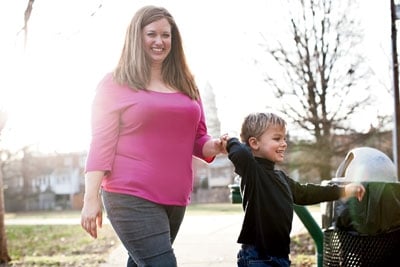
We try not to talk too much about his early life, because we weren’t there. Instead, guided by his therapist, we say, “Your birth mother did you a favor by finding you a new family,” or “All kids should grow up in a family that treats them gently.” Mostly we encourage Connor to share what he’s feeling–whether anger or love–about his birth family. He has a lifetime to find his own relationship with them if that’s what he wants.
Becoming a sudden parent opens your eyes to a new world. I discovered that most parents think their child is either the worst or the best on the planet. We tend to hold up a magnifying lens to our little ones and blow up their behavior beyond what it is in real life.
When I told people Connor had trouble sleeping, other parents said, “Oh, I know what you mean. Last week we went days taking turns staying up with Caitlin when she was sick.” When I say Connor has difficulty in groups, they say, “Trevor gets really shy, too.” Caitlin was surely sleepless and Trevor quite shy, but our issues with Connor are of a whole other dimension.
For us, sleepless meant snatching 15-minute naps for three months straight; the lack of sleep made us dizzy, and Connor even started hallucinating. For us, having trouble with groups goes far beyond shy. Connor often runs up to groups of children and starts punching. In the kiddie yoga class, all the other children followed instructions to get into the cobra pose; Connor became an airplane, buzzing around the room and jumping over the kids. Even the visiting monk–trained to take chaos in stride–eyed me with sympathy.
Infants adopted into a new family get the benefit, ideally, of nurturing and love right from the start. But Connor was almost four when we saw the judge. So he was self-aware enough to realize he’d been treated roughly since birth. I’ll never fully know what his life was like before, but he came to us with deep emotional wounds.
One sign of his tough first years was that he anticipated rejection, especially from me.
If he had the slightest sense that I might be about to go to another room or focus on something besides him, he’d yell, “I don’t want you–I only want Chris!” (In the beginning, he used our first names; that evolved to Mommy Christie and Daddy Chris, then he tried seeing what happened when he used just Mommy and Daddy. He still sometimes calls us Chris and Christie when he’s talking to strangers, which has led to some funny looks.)
I grew a tough skin and learned I could never give this boy too much affection and attention.
Infants absorb trust when they discover that Mommy is always there to feed them, Daddy is always there for a hug. Although Connor was grateful to be with me and Chris, he barely knew us–there was no reservoir of trust. We had to build it. It was like a corporate bonding retreat–with much higher stakes.
One day I remembered that Mount Vernon Recreation Center had a children’s pool with buckets that splash water down onto kids’ heads. An hour later, Connor and I were in the water.
We started by walking in holding hands. In stages, we learned how to float, kick, scoop, jump into each other’s arms. At night, Chris cheered each tiny success–“He didn’t kick me once today!” “He finally jumped into my arms without his life vest!”–as a major victory.
The kiddie pool gradually gets deeper and connects to the lap lanes, so we were slowly able to progress to deeper water. On the first day that we swam without the security of our feet scraping along the concrete floor, I looked in Connor’s eyes and saw only trust and love.
That physical trust became so great that it supported the emotional connection we were building outside the pool. Connor still associates swimming with bonding–he has been jumping in solo for a year now but still loves holding our hands when he dives.
I stumbled onto another opportunity when I realized Connor assumed lunch always came inside a Happy Meal. Our first summer together, we planted tomatoes, salad greens, and strawberries. Before Connor, I’d been so focused on fertility and feeling sorry for myself that I couldn’t garden. Connor and I became gardeners together. We watered in the mornings, and in the afternoons he’d race back to see if the plants had produced anything to eat.
Another move was applying to St. Paul’s Nursery School in Old Town Alexandria. I didn’t know that most parents apply when they’re pregnant, but somehow the St. Paul’s team made a spot for Connor. His teachers slowly and calmly chiseled away his hard edges and gave me my son.
His head teacher reminded him to look her in the eyes when she spoke. She encouraged him to join the group rather than playing loudly by himself. When he punched his fist in the air, she showed him how to squeeze a toy instead. In his first year at St. Paul’s, his teachers gave him firm boundaries and taught him to learn the social rules his peers had been absorbing since birth. They noted in his year-end “report card” letter that now when they asked how he was doing in the morning, his response was always the same: “Great!”
That sense of joy was in Connor’s eyes when I met him. But back then, the light only peeked out from behind the clouds in quick moments. The clouds have slowly dissipated. Now there’s a hint of laughter in his voice no matter what he’s saying. He has embraced happiness.
The same is true for me. I now swim nearly every day, either laps or with Connor. Our second-year garden was an explosion of produce and flowers. If for some reason Connor can’t make his Friday play date, I’ll go by myself to chat with the moms, now my close friends. I’ve started writing again, not because I’m getting paid to cover fashionistas but because it gives me pleasure. I’ve largely disappeared from Washington’s social circuit because it’s more fun to read bedtime stories. The woman who avoided toy stores is now on a first-name basis with the Toys “R” Us staff. In helping Connor find a new life, I’ve rediscovered the things that make my own worth living.
Interested in Adopting an Older Child?
There are a number of resources for adopting older children within the United States. Here are three good places to get started.
Dave Thomas Foundation for Adoption, davethomasfoundation.org.
Families for Private Adoption, ffpa.org. Yahoo! group: groups.yahoo.com/group/familiesforprivateadoption.
Wednesday’s Child, wednesdayschild.adopt.org.
But this is no fairy tale.
Although Connor hasn’t bitten me for months, my body is often covered in bruises. We’re working every day to help him understand the consequences of kicking and punching. Slowly he’s getting it.
He has developed a self-awareness about his violence. During a beach trip, I was pulling a spiny pricker off his foot when it pierced my skin. I yelped, and he got so worried I’d be hurt again that he kept reminding me not to touch the bottom of his shoe where the prickers were. An hour later, he said suddenly, “My life sucks. Because of the mean things I do sometimes, like hit my mommy.”
Like that pricker, his sense of being the cause of my pain had burrowed into his psyche. I hope that with time he stops blaming himself for things he can’t change.
That said, Connor dotes on us in a very unusual way, because he remembers what it was like not to be adored. Often, as we tell him his adoption story, he’ll interrupt with his own line: “I always wanted a new mommy and daddy, so I found you!”
We treasure the simplest moments. This morning, Connor invited me to “dive into the pool, just Connor and Mommy.” We held hands and ran toward the water–the very deepest part. Together.

